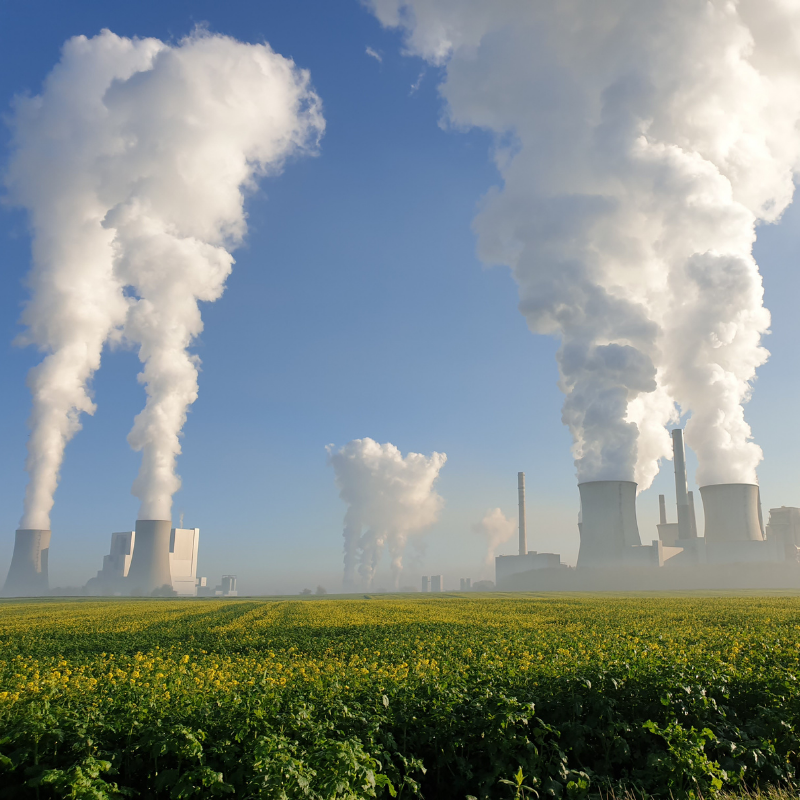
With the increasing focus of governments worldwide on decarbonisation, the topic of carbon capturing (CCS) has been a controversial one. CCS is the process of trapping carbon dioxide (CO2) before it enters the atmosphere, transporting it and storing it for a period of time.
Whilst carbon dioxide pipelines have been used for many years, critics fear the risks of an explosion or groundwater contaminating leak are simply too high. However, pipeline producers have insisted that safety in construction and operation is a priority. Supporters have even made the argument that CCS could be a solution to reduce carbon emissions. The International Energy Agency have estimated that it could remove as much as 20% of total CO2 emissions from industrial and energy production facilities.
A recent announcement from the U.S. government said that in order to reach the country’s goal of net zero emissions by 2050, 68,000 of new CO2 networks must be put in place. This would require significant investment, with a focus on updating the existing infrastructure. In the past, direct protest action and litigation have derailed a number of oil and gas projects. Still, if they’re able to navigate through these challenges it could be a huge business opportunity, and mean an upturn for the oil and gas industry.
Topics covered
Keep reading...
All blogs-
Latest sector news
A new milestone for Tidal Energy
-
SO Careers
SO Careers - Meet Senior Consultant Conor Brown
-
SO announcements
Spencer Ogden x ECU Sponsorship
-
Insight reports
The Importance of ED&I in the Renewables Industry
-
Renewable Energy
Investment in clean energy extends its lead over fossil fuels, boosted by energy security strengths





